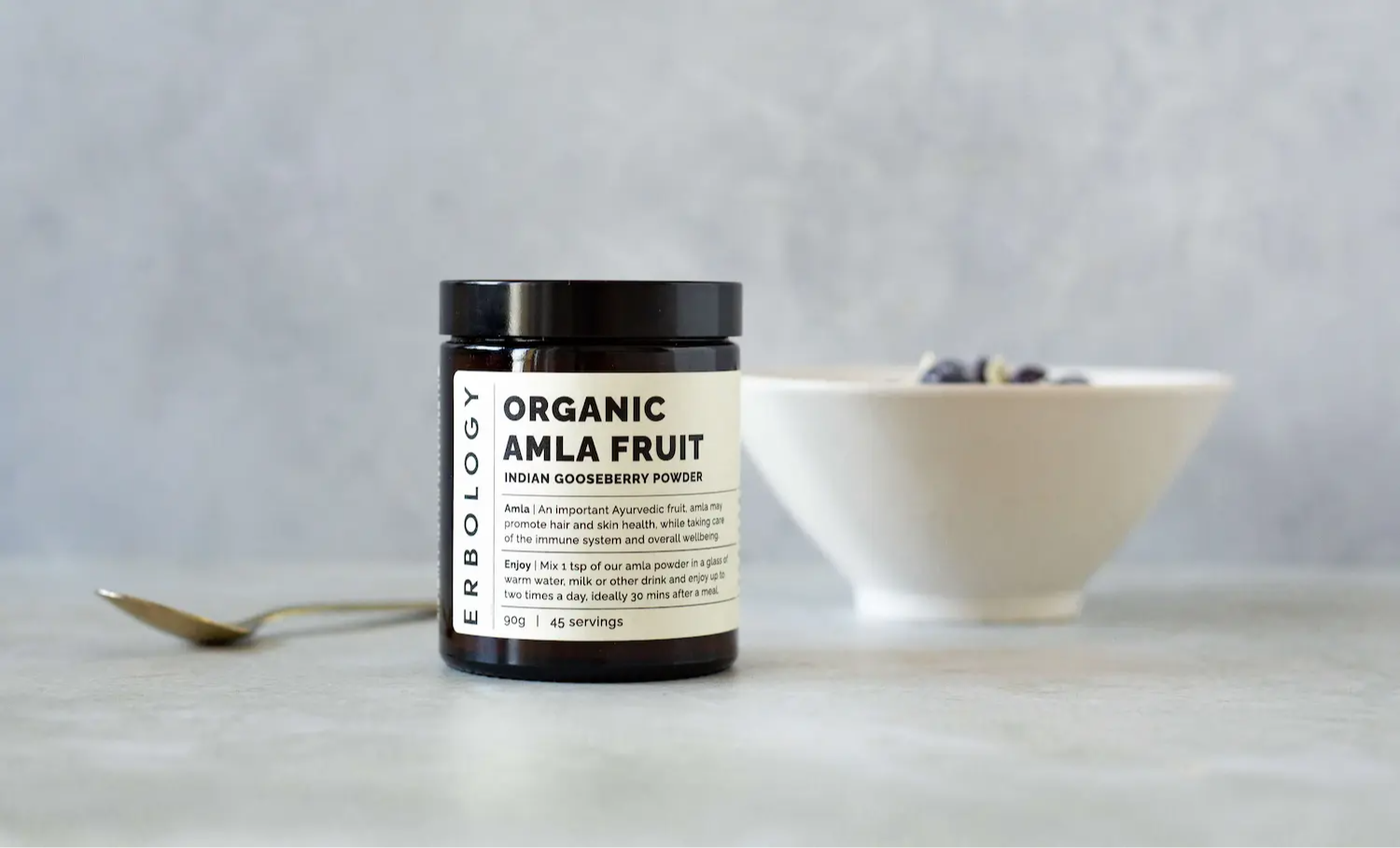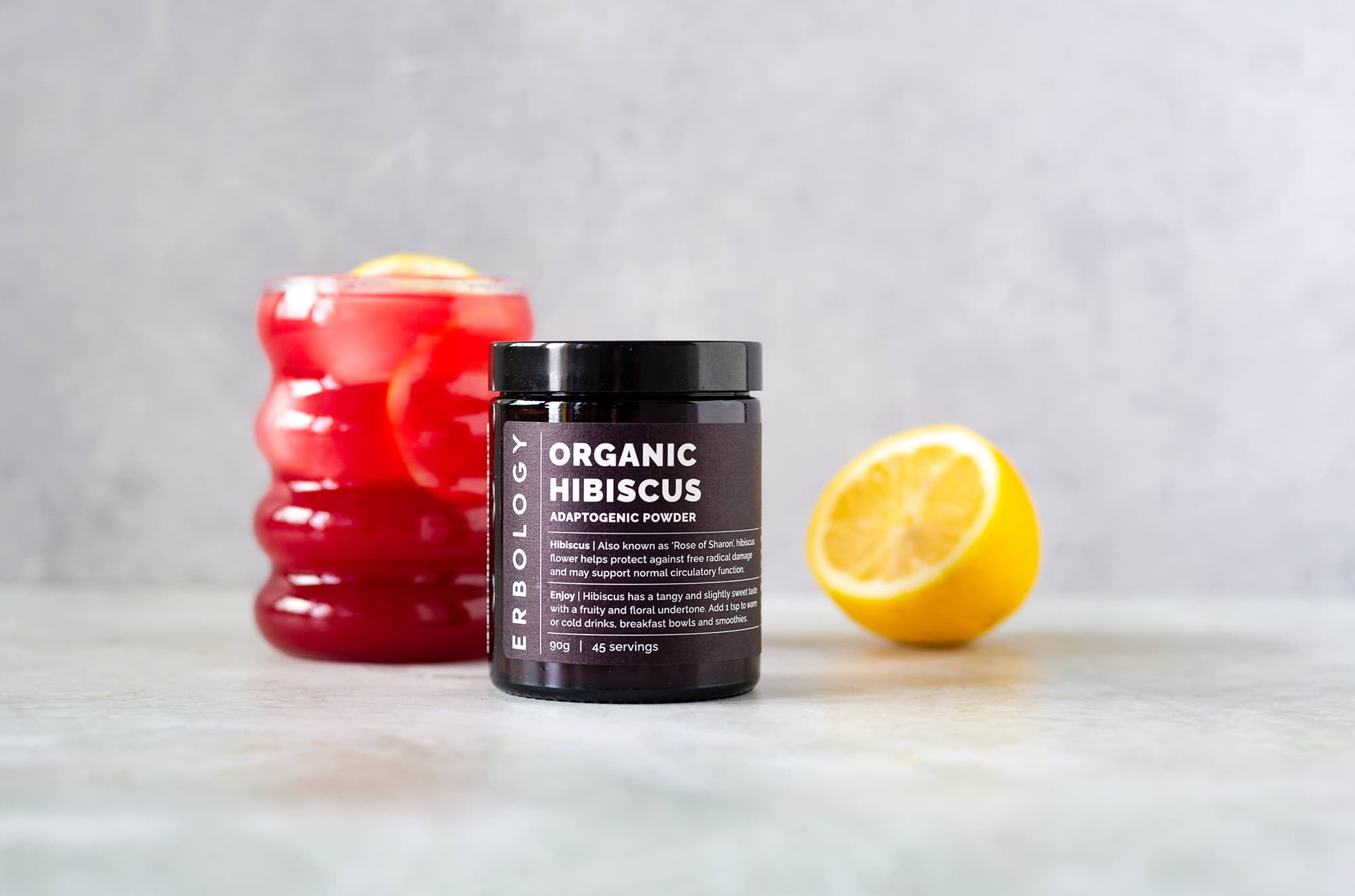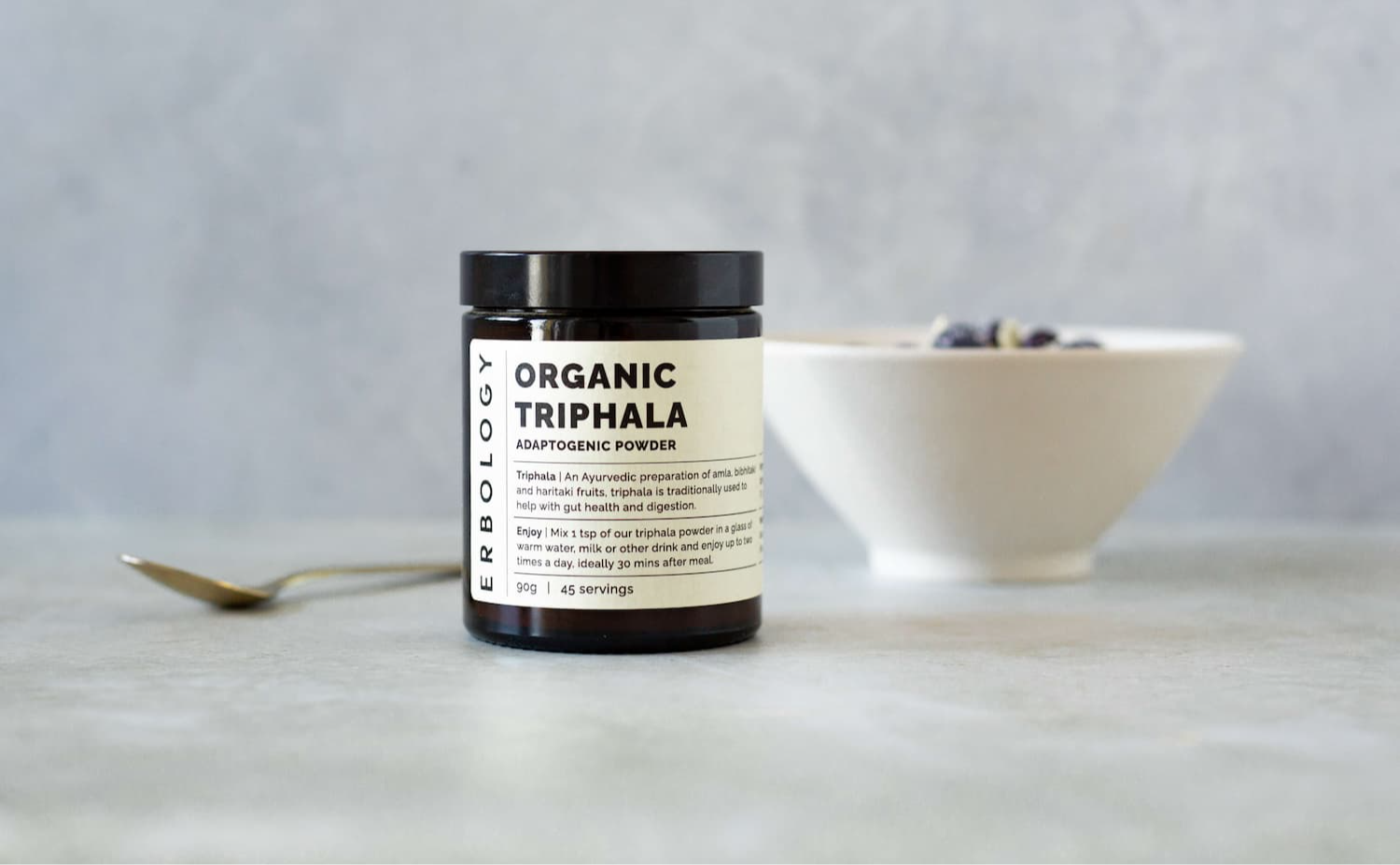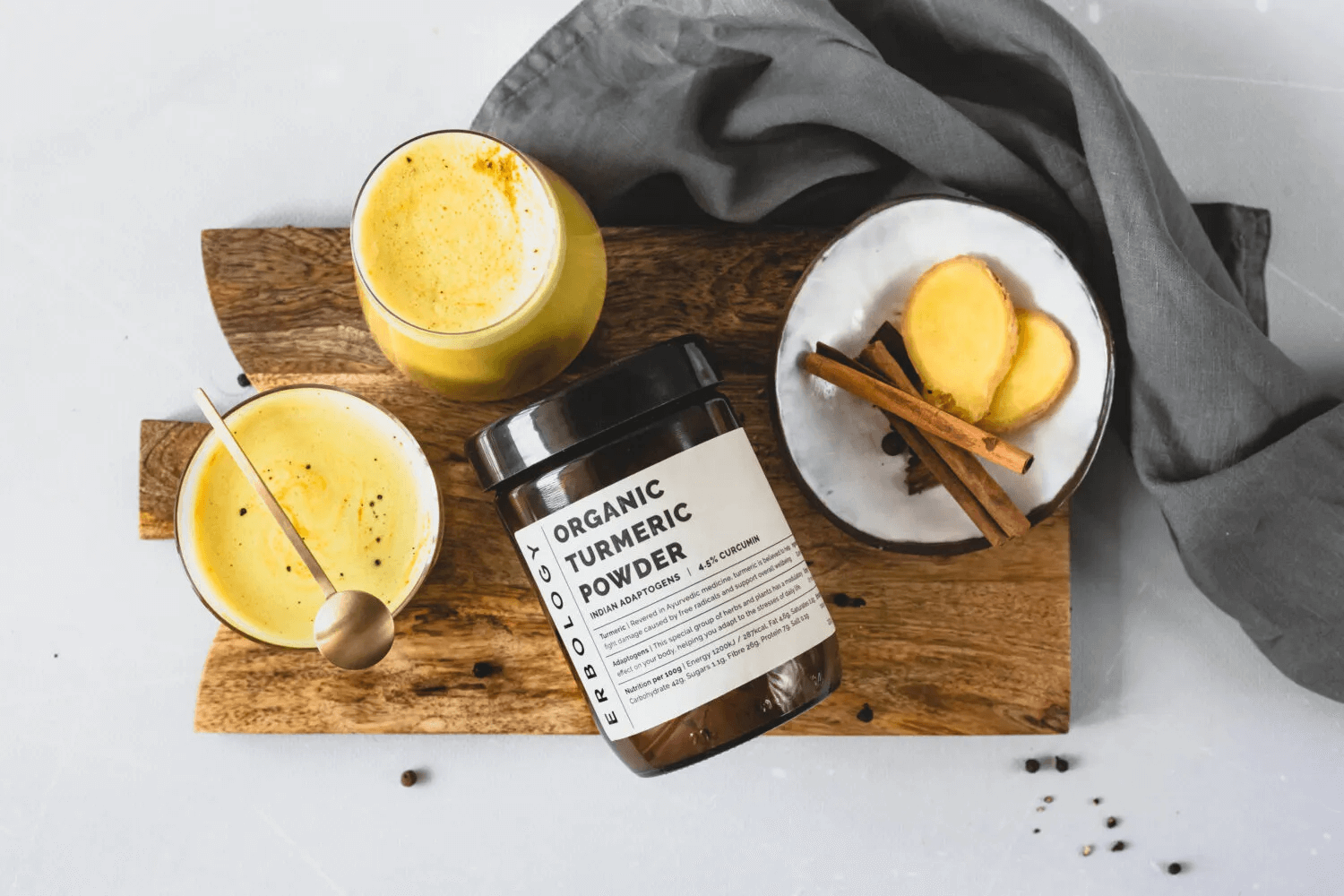17 Aug 2022
Hibiscus health benefits
What is hibiscus?
While hibiscus is a common feature in many gardens around the world, the term ‘hibiscus’ actually refers to a genus of flowers. That means there are several hundred different types of flower which fall into the hibiscus family.
Perhaps the most well-known is Hibiscus sabdariffa, also known as roselle. This variety has a delicate flower with rounded petals. It is protected by a spiky red outer casing called the calyx. This, and other varieties, is generally used to make teas and tisanes, and to treat various ailments in traditional medicine.
Originally, Hibiscus sabdariffa comes from West Africa. If you are green-fingered, it is possible to grow it in the USA and Europe. That said, if you live in a cooler climate you’ll probably be better off growing these flowers in your greenhouse, as they are particularly sensitive to frost.
The hibiscus variety we stock at Erbology is Hibiscus syriacus.
Hibiscus uses
Many cultures around the world make use of Hibiscus sabdariffa. In India, Myanmar and Vietnam the leaves and stems of the plant are eaten as a vegetable. The leaves have a flavour which is a bit like spinach when cooked.
In many parts of the world, including Nigeria, the buds are used to make jams, jellies and preserves. However, the most popular way to consume hibiscus is in a drink.
In warm climates such as parts of Africa and the Caribbean, hibiscus is used to make cold soft drinks. Many people like to add extra flavourings such as mint, spices, syrup or sugar. This tradition has migrated up to the States, too. There, it’s easy to find ‘hibiscus coolers’ made with fruit juice.
In Europe we know hibiscus best as a herbal tea. You can make tea using only hibiscus, or you can find it in herbal tea blends.
Whether in a cool or hot drink, the calyces of the plant release a dazzling bright red colour into the water, making hibiscus a popular ingredient in cocktails too!
![]()
Hibiscus in traditional medicine
Hibiscus has more to offer than just a beautiful colour, however.
The plant has been used for generations in traditional medicine. While the exact uses vary slightly from region to region, there are common patterns in the ways hibiscus is used.(1)
For example, according to many traditional practitioners, hibiscus has a mild laxative effect. It can also encourage you to pass more urine.
Further, hibiscus may have benefits for your skin. Many people use it to treat wounds such as cracks and sores and dry skin.
Meanwhile, some cultures use hibiscus to treat coughs and aid sleep.
In India, the leaves are applied as a poultice on wounds and abscesses to help them heal.
As you can see, there are trends in the use of hibiscus which suggest healing, soothing and cleansing properties. Now, let’s take a look at what modern scientific research has to say on the matter.
Hibiscus health benefits for blood pressure
A clinical trial looked at whether drinking hibiscus tea could reduce blood pressure in patients with pre- or mild hypertension (high blood pressure).(2) The researchers discovered that the participants who drank hibiscus tea had lower systolic blood pressure at the end of the study.
We should mention that hibiscus tea did not have a significant effect on diastolic and mean arterial blood pressure. However, the authors of the study concluded that hibiscus tea was a potentially effective treatment for mild high blood pressure in adults.
Meanwhile, a different study with 390 participants found that Hibiscus sabdiffera did have a significant effect on both systolic and diastolic blood pressure. The authors of the study called for further research to confirm their findings.(3)
A scientific review of studies into hibiscus and its effects on blood pressure noted that hibiscus tea was as effective at lowering blood pressure as Captopril, a popular medication.(4) Once more, the authors suggested that more research was needed.
Related reading
- Adaptogens for sleep: Achieve the miracle of a good night’s rest
- What are adaptogens and their health benefits?
![]()
undefined

Organic Amla Powder

Organic Hibiscus Powder

Organic Triphala Powder
